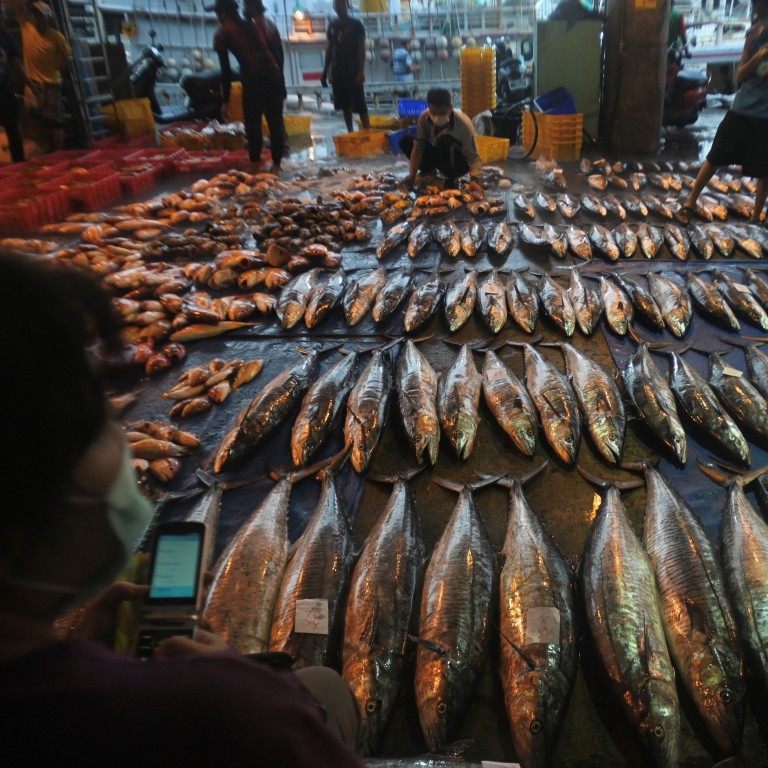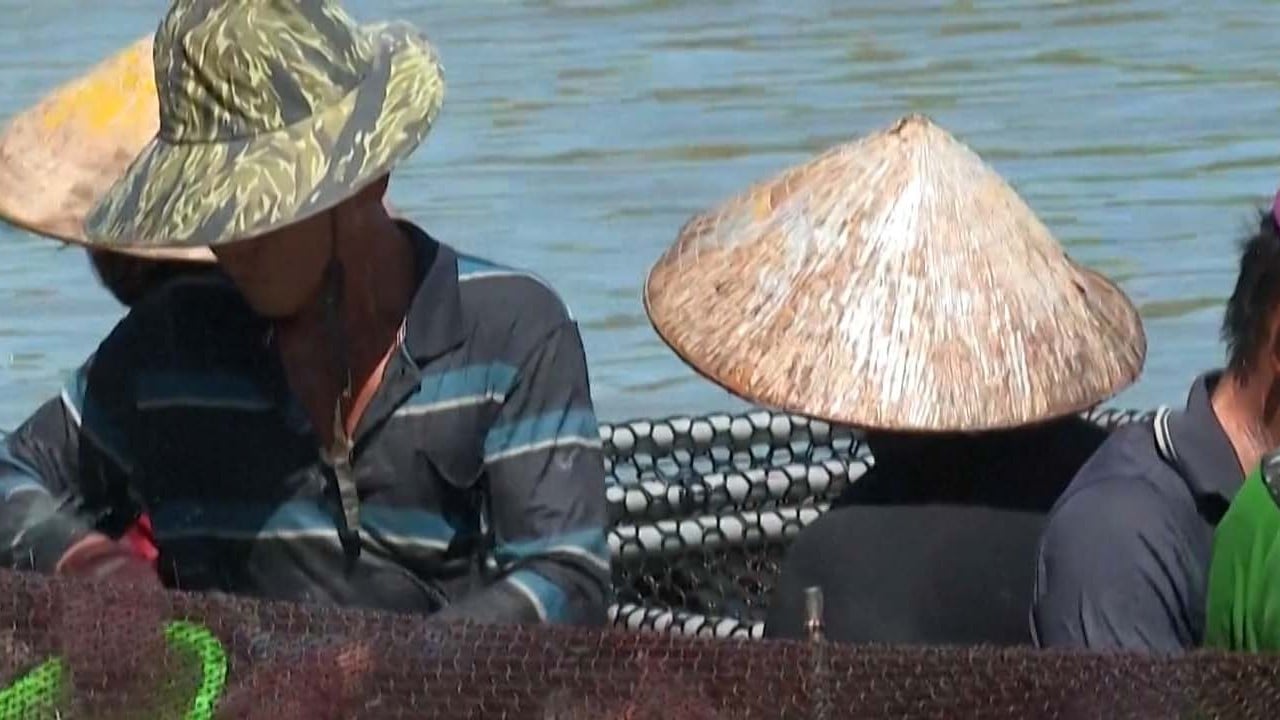
China resumes Taiwanese fish imports in sign of economic thaw, to ‘promote healthy cross-strait trade’
- China banned shipments of chilled white hairtail and frozen horse mackerel in August after finding traces of coronavirus on packaging
- The bans coincided with a visit to Taiwan by US former House Speaker Nancy Pelosi, which outraged Beijing and sparked days of military exercises
Mainland Chinese officials said on Wednesday they would immediately resume imports of two types of Taiwanese fish that have been banned since August in the latest thaw in cross-strait economic ties.
The General Administration of Customs will once again allow shipments of chilled white hairtail and frozen horse mackerel, according to a post on the Weibo page of the Chinese government’s Taiwan Affairs Office.
“In order to promote the healthy development of cross-strait trade, the General Administration of Customs has decided to resume the import of chilled white hairtail and frozen horse mackerel from Taiwan,” the Taiwan Affairs Office said.
It will also halt testing fish imports for coronavirus, said the administrative agency that sits under China’s State Council.
A Taiwan Food and Drug Administration spokesman, who did not want to be named as he is not authorised to speak on record to the media, confirmed the bans had been lifted.
Beijing views self-ruled Taiwan as part of China to be unified, by force if necessary. Countries that have diplomatic ties with Beijing, including the United States, acknowledge the existence of the one-China principle, which states Taiwan is part of China. But they may not explicitly agree with it.
I see [the lifting of the ban] as an overall game plan to increase economic relations and people-to-people relations between mainland and Taiwan
Washington does not take a position on the status of Taiwan, though it opposes any attempt to take the island by force.
Mainland Chinese officials have sought to deliver an olive branch to the Taiwanese public by repairing bilateral trade ties before Taiwan’s presidential election in January, which could install a leader who either favours easing cross-strait tensions or continues to add uncertainty to the region, analysts said.
“I see [the lifting of the ban] as an overall game plan to increase economic relations and people-to-people relations between mainland and Taiwan,” said Joanna Lei, CEO of the Chunghua 21st Century think tank in Taiwan.
‘Breakthrough red packet’ as China lifts import ban on Taiwan’s firewater
Wednesday’s moves shows a keenness to give Taiwanese people “advantageous news”, said Huang Kwei-bo, an associate professor of diplomacy at the National Chengchi University in Taipei.
“I don’t know how many products they’ve banned, but we could expect they will be resumed,” he said.
But the Taiwan Frozen Seafood Industries Association, a Kaohsiung-based trade group with 200 members, said on Wednesday that mainland China had not solved “basic” import registration issues involving other Taiwanese shippers.


